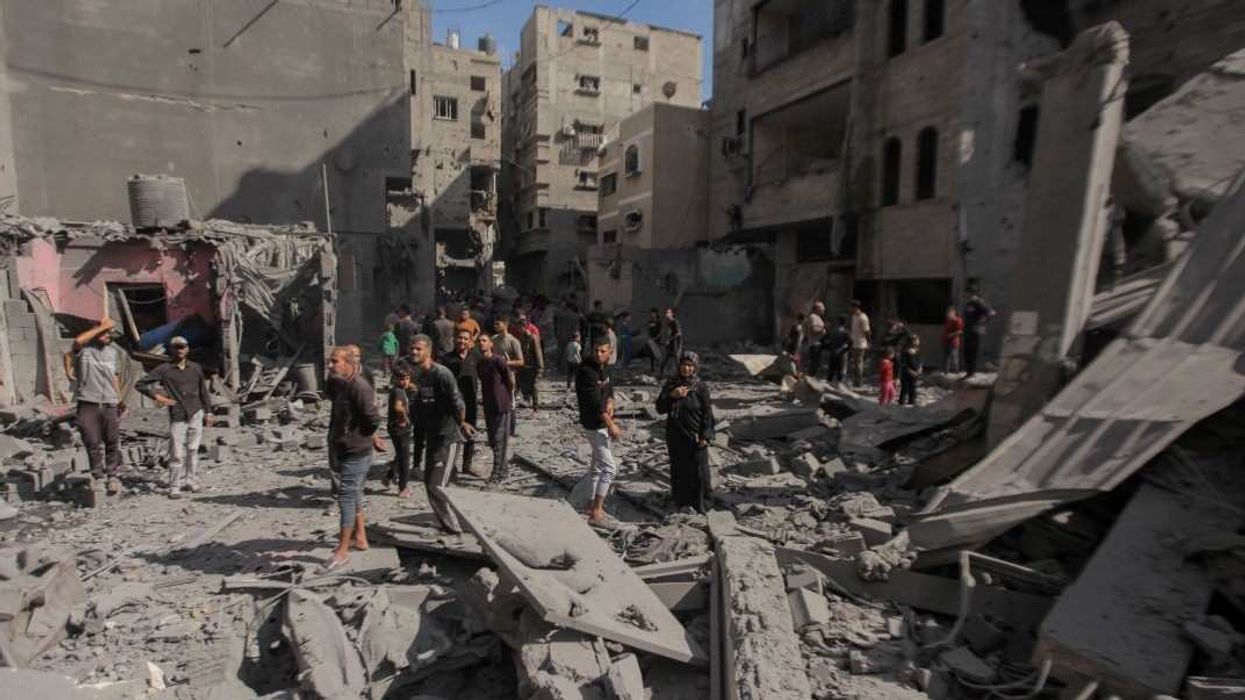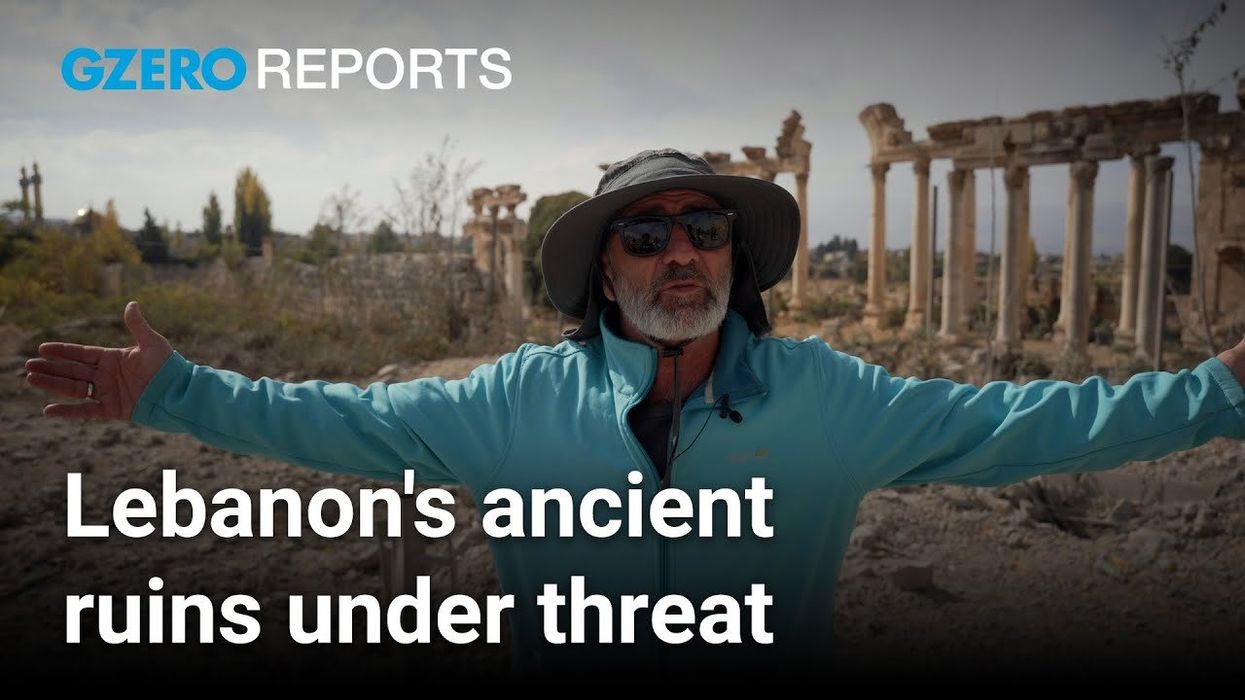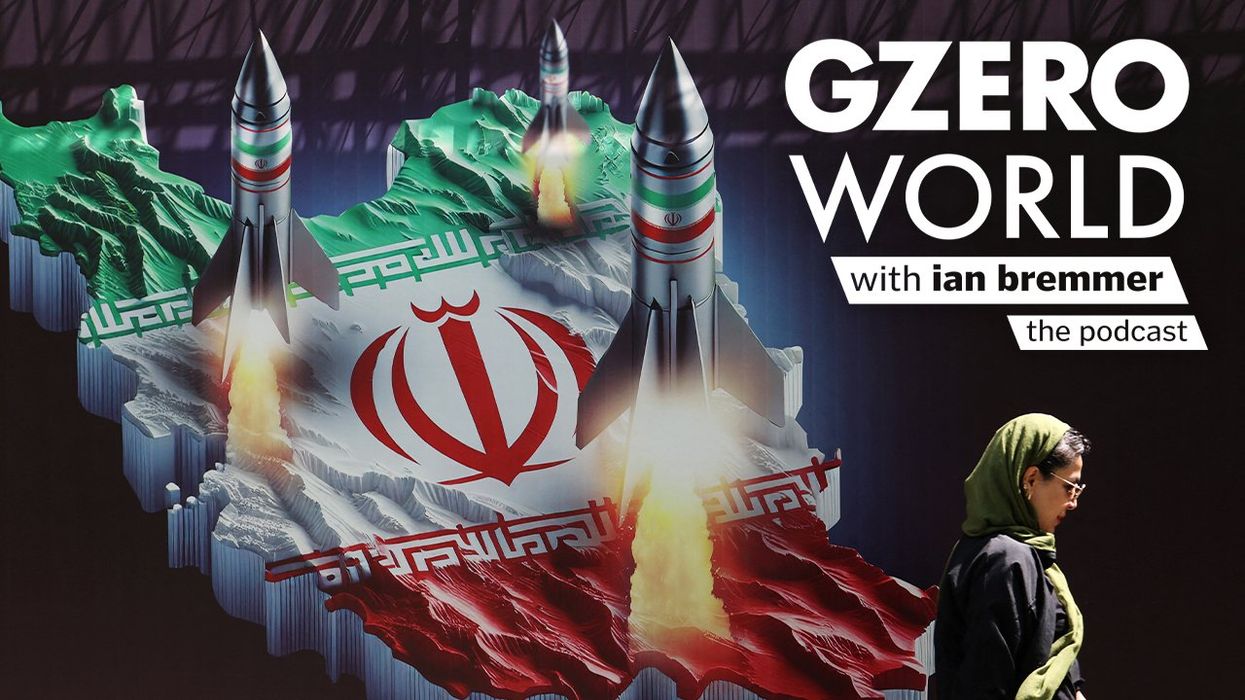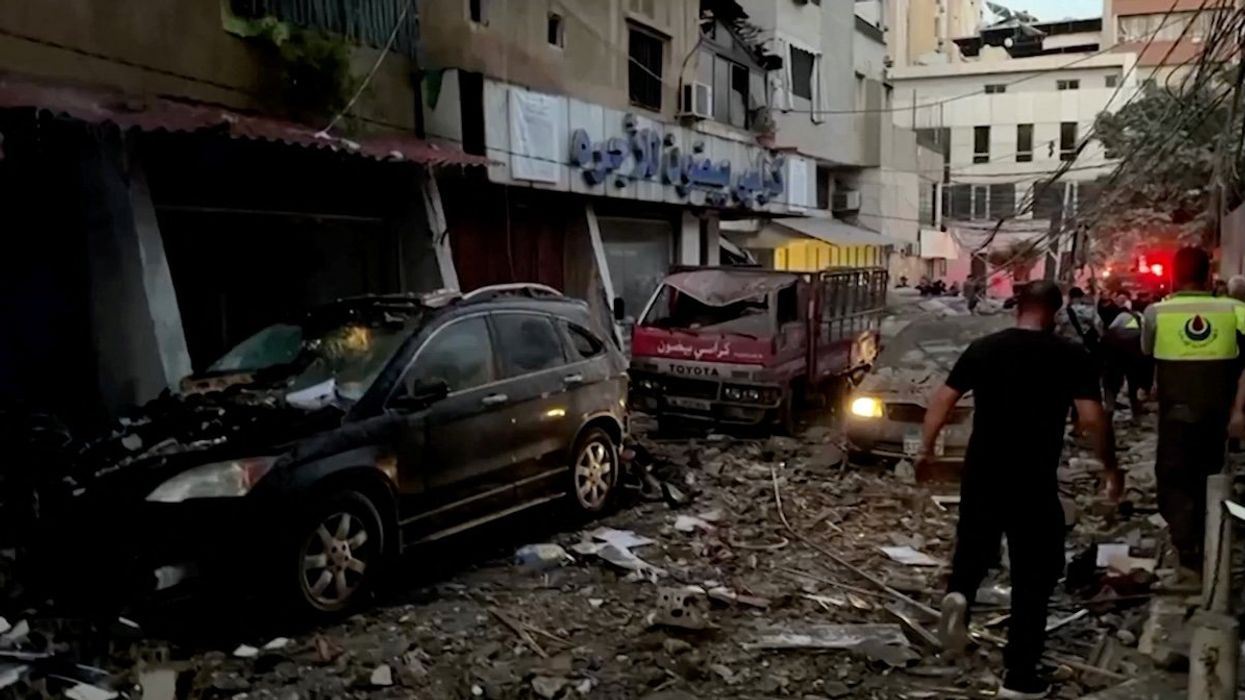What We're Watching
What We’re Watching: Gaza ceasefire wobbles, Far-right eyes win in Dutch election, Trump to meet with Xi
Israeli strikes in Gaza killed 100 people last night, according to local officials, in the deadliest day since the signing of the ceasefire three weeks ago.
Oct 29, 2025




